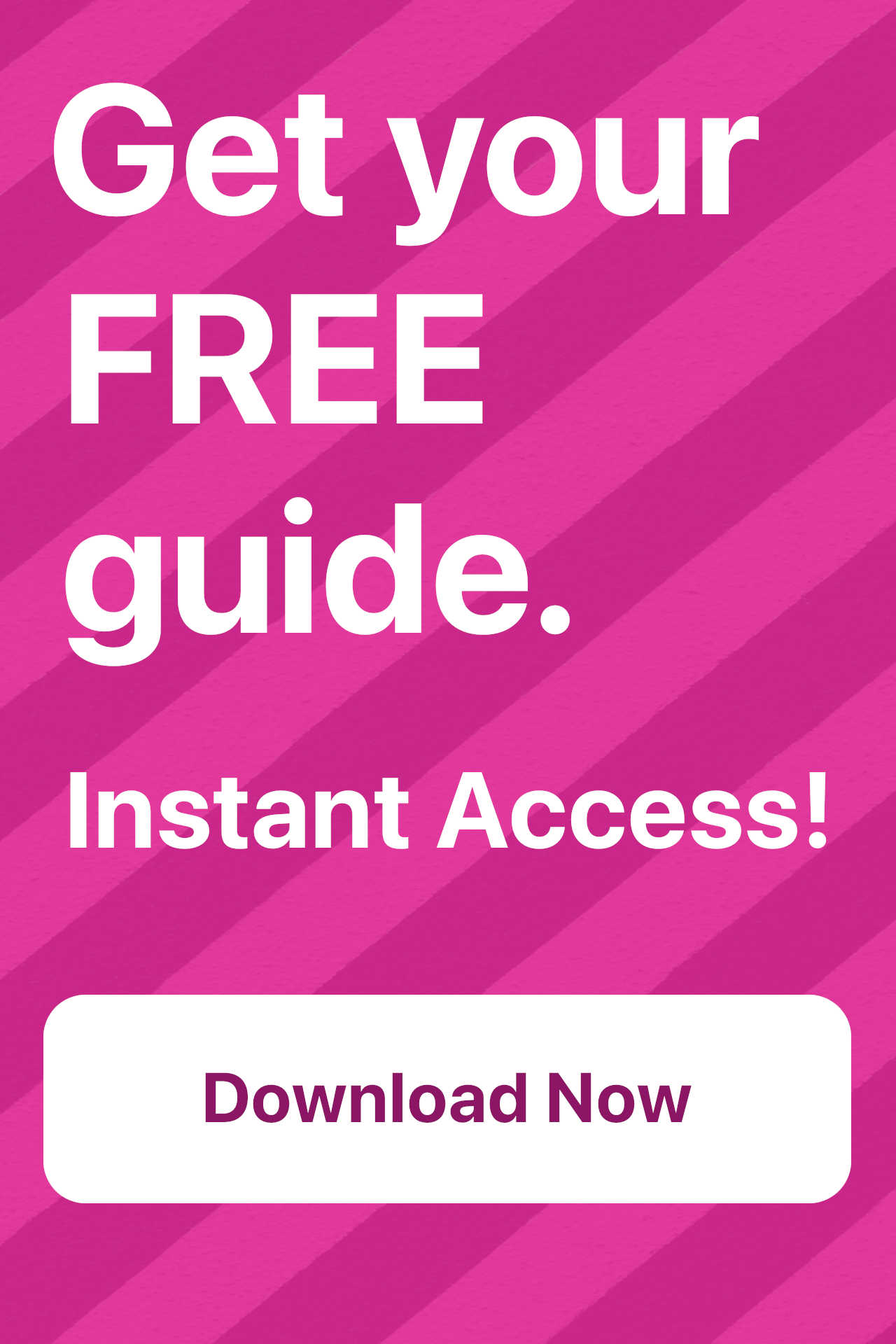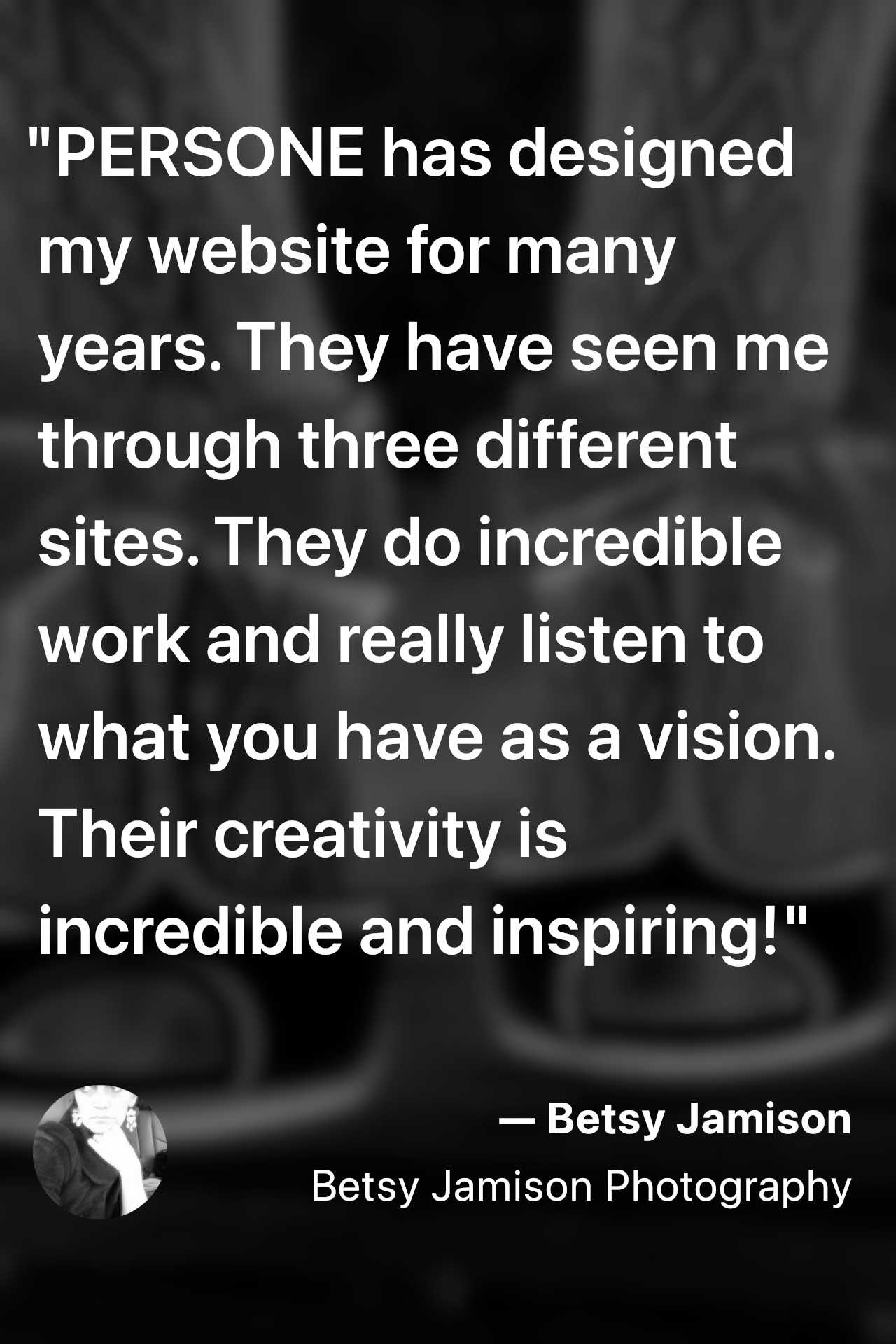BLOG

How to Design a Landing Page That Converts
10 Proven Tips for Success
Posted on February 10, 2025, by Peter Loomis
Introduction
A well-designed landing page can make or break your digital marketing efforts. Whether you're looking to generate leads, drive sales, or encourage sign-ups, an effective landing page is crucial for turning visitors into customers. But what exactly makes a landing page successful?
Here are 10 proven tips to help you design a high-converting landing page that delivers real results.
1. Start with a Clear and Compelling Headline
The First Impression That Drives Conversions
Your headline is the first thing visitors see, and it should immediately communicate the page’s main value in a clear and engaging way. A strong headline grabs attention and encourages users to keep reading.
Here are some best practices for crafting a compelling landing page headline:
- Be Clear and Direct – Avoid vague or confusing wording. Make sure users instantly understand the benefit.
- Address a Pain Point – Identify a problem and present your product or service as the solution.
- Highlight a Unique Value Proposition – Stand out by emphasizing what makes your offer different.
- Keep It Concise – A short, impactful headline is more effective than a long, complex one.
A well-crafted headline sets the stage for a successful landing page. By instantly conveying value and relevance, it increases engagement and encourages users to take action.

A compelling headline grabs attention and encourages user engagement.
2. Use a Strong Subheadline to Reinforce the Message
Supporting Your Headline with Clarity and Persuasion
Your subheadline should reinforce the main headline by providing additional details. It should be clear, concise, and persuade visitors to continue engaging with your page.
When crafting an effective subheadline, consider these key factors:
- Expand on the Headline: Your subheadline should add context or reinforce the benefit presented in the headline.
- Make It Specific: Use numbers, facts, or compelling statements to add credibility and clarity.
- Enhance Readability: Keep it short and impactful to maintain engagement.
Examples of Effective Subheadlines
Here are some real-world examples of strong subheadlines that effectively reinforce the main message:
- Slack: "Slack brings the team together, wherever you are. Instant messaging, voice calls, and file sharing in one place."
- Dropbox: "Securely store, share, and collaborate on files from anywhere."
- HubSpot: "All-in-one marketing software that helps your business grow better."
Testing Your Subheadline
To maximize effectiveness, A/B test different variations of your subheadline. Track user engagement, click-through rates, and conversion rates to determine the best-performing version.

A well-crafted subheadline strengthens the impact of your landing page and keeps users engaged.




 — Betsy Jamison, Photographer
— Betsy Jamison, Photographer










 John from New York just signed up...
John from New York just signed up... Only Three Spots Left
Only Three Spots Left



